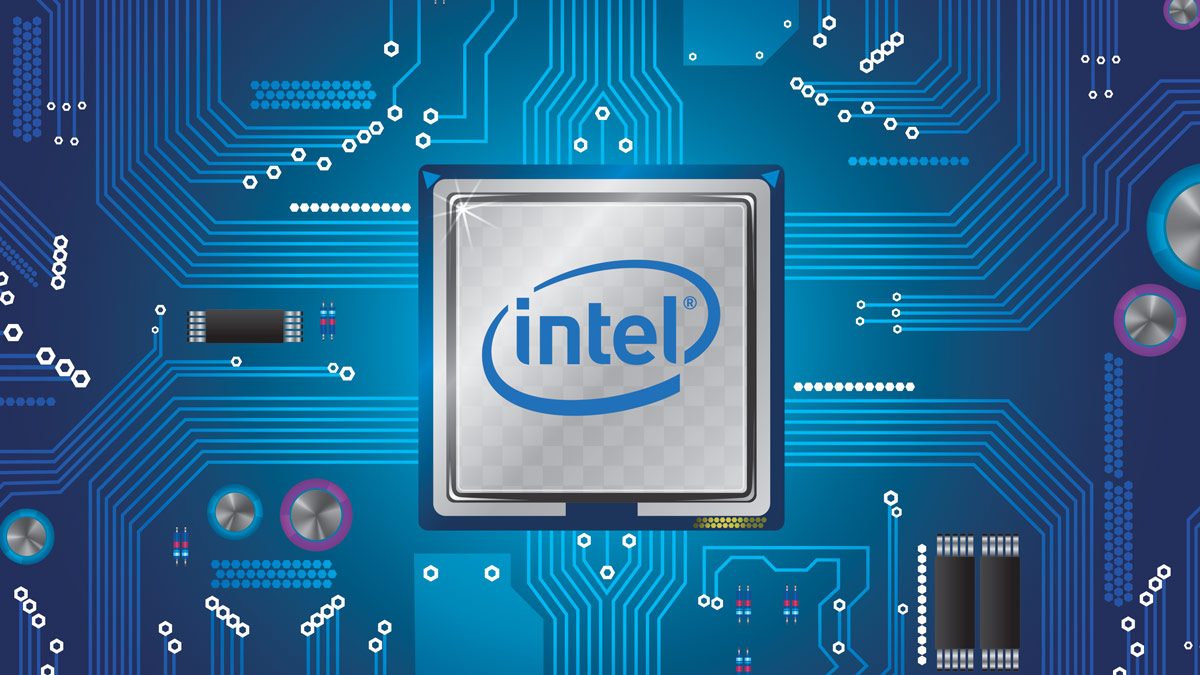Intel Corp. has been focusing on its foundry arm to create chips for other companies based on their designs, as part of CEO Pat Gelsinger's plans to turn the struggling company around. This sector, known as Intel Foundry Services, is up against considerable competition from chip manufacturing companies such as Taiwan Semiconductor Manufacturing Co. and GlobalFoundries Inc. During a recent webinar with financial analysts, Intel failed to announce any new major customers for its foundry efforts. This was a significant disappointment for investors and analysts who were hoping for some big announcements at the event.

Intel's shares dropped 6% because without a major customer, it's unclear how lucrative the foundry business will be for the company. Intel executives have stated that they expect to announce a new foundry customer in the second half of this year. However, the chipmaker won't see any revenue from such a customer until 2025. While Intel has operated its own chip factories for years, they mostly manufacture chips for Intel exclusively. The company's inability to name a big new customer has left investors feeling anxious and uncertain.
Intel has been focusing on exploring new avenues of growth, as the company's traditional business line has been struggling to compete against rivals such as Advanced Micro Devices Inc. and Nvidia. Silicon Valley chipmakers like AMD and Nvidia design chips, but they outsource manufacturing to companies such as TSMC. In contrast, Intel manufactures almost all of its own chips, which is why the foundry business is such an essential part of its strategic plans.
Although Intel's recent webinar provided investors with some insights into the costs and potential of the foundry business, the lack of a new customer has left the company's potential profitability in question. Analysts are eagerly awaiting Intel's announcement of a major client to determine the likelihood of the foundry business being a success. Despite the setbacks in the foundry business, Intel has announced plans to sell a 20% stake in its IMS Nanofabrication Gmbh unit to Bain Capital Special Situations for $4.3 billion. The deal is expected to close in the third quarter of this year.







